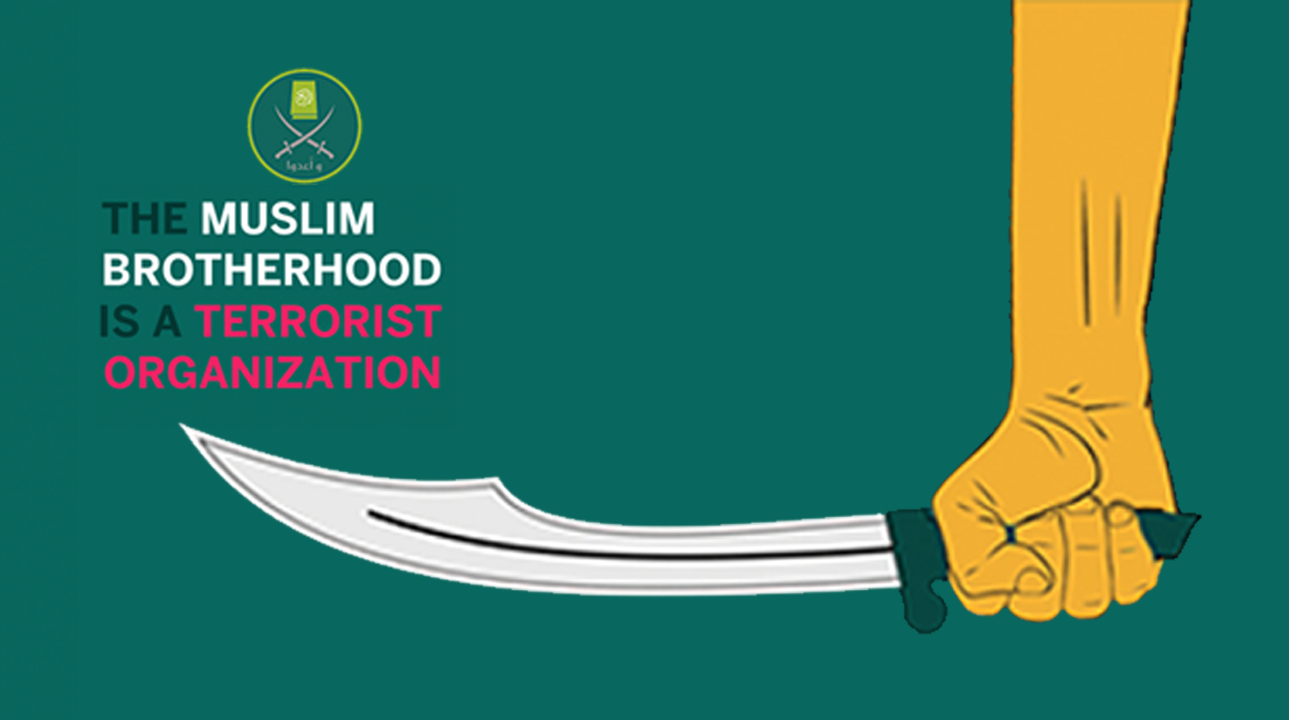Sharia Blasphemy & Slander at the United Nations
During the current century, there has been a push to get blasphemy standards introduced into international law via the mechanisms of the United Nations.
The earlier backgrounders on blasphemy and “slander” will be helpful as an introduction to this discussion. There is a clear conflict between several protected human rights, especially freedoms of speech and expression, which would be barred under some of these proposed standards.
After an extended debate, the United Nations attained a compromise with resolution 16/18, which has since been reinforced by a number of international moves.
16/18 nevertheless continues to endanger protected human rights by encouraging “measures to criminalize incitement” based on religion or belief.
Organization of Islamic Cooperation’s Initial Moves
The debate at the United Nations began in 1999 after Pakistan introduced a resolution against the “Defamation of Islam” that had been penned by the Organization of Islamic Cooperation (OIC).
The UN’s Commission on Human Rights changed the name, and the language, so that it embraced “defamation” of any religion. The language called on “all States” to pass laws that would “take all appropriate measures to combat hatred, discrimination, intolerance and acts of violence” as well as to encourage tolerance.
The Commission of Human Rights then adopted the resolution. For the next six years, the Commission would re-issue the resolution, sometimes with a vote and sometimes without.
Move to the General Assembly
In 2005, Yemen introduced a similar resolution in the 60th session of the UN General Assembly. It passed.
The Commission on Human Rights, now renamed the UN Human Rights Commission, sent a similar resolution to the General Assembly in 2006, which passed as well. Around twice as many states supported as opposed the resolutions, giving them supermajorities in the General Assembly votes.
However, the votes of the General Assembly are nonbinding on member states, as are resolutions passed by the Human Rights Commission.
High Commissioner of Human Rights
In 2007, with this network of successful popular votes by member states behind it, the Human Rights Commission referred the issue to the High Commissioner on Human Rights at the United Nations.
The result of this process was the usual calls for dialogue between different cultures and civilizations, in favor of tolerance and against intolerance.
Although the word “Islamophobia” was introduced into some of the official statements at this time, the main resolutions continued to be anodyne statements against defamation of religion per se.
Increasing Focus on Islam & "Islamophobia"
From 2008-2010, language on Islamic-specific issues crept into the UN language as the OIC nations upped pressure on the various commissions to include it.
By 2008, the language “deplore[d] the use of printed, audio-visual and electronic media” not merely if it incited violence against Muslims, but if it increased “xenophobia or related intolerance and discrimination towards Islam[.]”
It also included the word “Islamophobia” in the official resolution as a special offense to be studied and reported on by the UN officials charged with these matters. In 2009, there was a hot debate as to whether the UN’s World Conference Against Racism in Durban, South Africa, would be captured by Islamic world concerns to damn Israel. It ended in the sorry spectacle of the president of Iran, one of the world’s leaders in human rights abuses, lecturing Israel on human rights as if he or his nation had any moral authority on the issue.
While language issued by the United States and Egypt in 2009 tried to hold the line at “defamation of religion” rather than “defamation of Islam,” delegates from Syria and elsewhere began to charge Western nations with trying to silence their concerns that Muslims were subject to special discrimination and hatred.
A Renewed Push Against “Blasphemy”
By 2012, following the early murders of European cartoonists who had drawn pictures of Mohammed, the Secretary General of the Organization of Islamic Cooperation had begun a push for positive laws banning such cartoons.
Ekmeleddin Ihsanoglu, the OIC’s Secretary General, gave an interview in which he said, “The OIC — I as secretary — I am a staunch supporter of freedom of expression,” İhsanoğlu said. “But freedom of expression, according to international law, does not entail freedom of insulting others, denigrating others, mocking others.”
The possibility that Muslims might react violently was supposed to be adequate justification for abridging freedom of speech and expression on issues around Islam – not only giving a ‘heckler’s veto’ against critics, but one whose limits were to be determined by those most inclined to violence rather than by the most rational members of the community.
UN Resolution 16/18
Ihsanoglu proclaimed himself satisfied with the United Nations’ resolution, which the United States supported in cooperation with the Islamic world.
UN Resolution 16/18, he said, limited freedom of speech, a Western concept he described as “twisted negative logic that is incomprehensible; that one exercises his freedom by insulting others, and not insulting just a few people, but insulting 1.6 billion people all over the world for no reason.”
That resolution has been reaffirmed several times since its passage, most recently in 2013.
Does 16/18 Endorse Anti-Blasphemy Laws?
Clearly the OIC believes the answer is yes, as do the quarter of nations – mostly Muslim – that have such laws on the books. The UN Human Rights Committee issued a clarifying statement that “prohibitions of displays of lack of respect for a religion or other belief system, including blasphemy laws, are incompatible… except in the specific circumstances envisaged” by the International Covenant on Civil and Political Rights. The specific circumstances cited are given as follows: “Any advocacy of national, racial or religious hatred that constitutes incitement to discrimination, hostility or violence shall be prohibited by law.”
Thus, it would seem to be the case that this language permits anti-blasphemy laws, justified because of the possibility of incitement to violence.
While such laws normally would forbid you from urging others to violence, these laws forbid you to say or do something that might offend someone enough that they would independently decide to hurt you.
Allegedly pursuing compromise with moderate, diplomatically inclined Muslim nations has caused the United States to join in endorsing a heckler’s veto on freedom of speech. This is a violation of America’s most deeply-held political principles.
FEATURED TOPIC
Civilization Jihad
The Organization of Islamic Cooperation and the Obama administration have joined in endorsing a heckler’s veto on freedom of speech in violation of America’s most deeply-held political principles.
Backgrounders
The Brotherhood in Europe
Many Brotherhood their leaders immigrated to Europe because the group was suppressed in Egypt following their attempt to overthrow the Nasser government. Foolishly, the CIA saw them as a partner in the Cold War against a godless Soviet Bloc.
A History of Violence & Jihad
“Allah is our objective; the Koran is our law; the Prophet is our leader; jihad is our way; and death for the sake of Allah is the highest of our aspirations.” (The Brotherhood's Motto)
BREAKING NEWS & RESEARCH

Trump Could Follow Clinton’s Hamas Order In Outlawing Muslim Brotherhood
There is a quick and easy way to designate the Brotherhood as the terrorist organization that it is. Thank Bill Clinton.

Huffington Post Claims Key Evidence Against MB “Discredited.” A Federal Court Said Otherwise.
One piece of evidence presented by Justice Department prosecutors to the court went uncontested by the defense. There's plenty more to back it up.

6 Reasons Why Donald Trump Should Designate the Muslim Brotherhood a Terrorist Organization
Not only does the Brotherhood inspire jihad and promote the imposition of Islamic law, it is involved in violent acts of terrorism.



